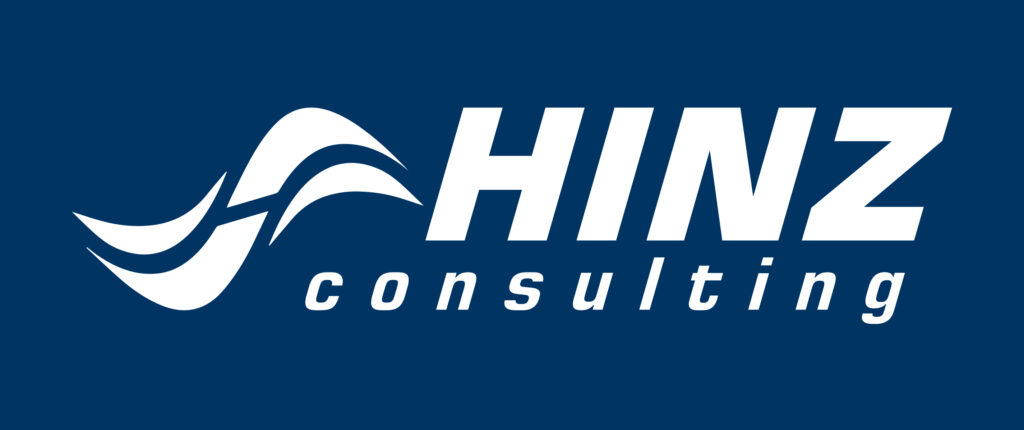Small Business Administration (SBA) certifications are pivotal for small businesses aiming to secure government contracts. Here, we address frequently asked questions FAQs) to help you better understand the ins and outs of SBA certifications.
What Are Small Business Administration Certifications?
SBA certifications are designations granted to eligible small businesses by the Small Business Administration. These certifications validate a business’s status as a small business entity and may offer various advantages in government contracting.
What Types of SBA Certifications Are Available?
There are several types of Small Business Administration (SBA) certifications, including the 8(a) Business Development Program, Women-Owned Small Business (WOSB) Program, Economically Disadvantaged Women-Owned Small Business (EDWOSB) Program, Service-Disabled Veteran-Owned Small Business (SDVOSB) Program, and Historically Underutilized Business Zone (HUBZone) Program.
Who Is Eligible for Small Business Administration Certifications?
Eligibility criteria vary depending on the specific certification program. Generally, businesses must meet size standards set by the SBA, be owned and controlled by qualifying individuals, and meet other program-specific requirements.
What Are the Benefits of SBA Certifications?
SBA certifications offer numerous benefits, including access to set-aside contracts, preferential treatment in contracting opportunities, participation in mentorship programs, and eligibility for sole-source contracts in certain programs.
How Can I Apply for Small Business Administration Certification?
To apply for SBA certification, businesses must complete the application process outlined by the specific certification program they are pursuing. This typically involves providing documentation to demonstrate eligibility and undergoing a thorough review by the SBA.
How Long Does It Take to Get SBA Certified?
The timeline for SBA certification varies depending on factors such as the complexity of the certification program, the completeness of the application, and the SBA’s processing time. Generally, the certification process can take several weeks to several months to complete.
Do Small Business Administration Certifications Expire?
SBA certifications typically have expiration dates and require periodic renewal to maintain eligibility. Businesses must adhere to renewal requirements outlined by the SBA to ensure uninterrupted access to certification benefits.
Conclusion:
Understanding the intricacies of SBA certifications is crucial for small businesses seeking to thrive in government contracting. By addressing these FAQs, we aim to provide clarity and guidance to help businesses navigate the certification process effectively and leverage the benefits of SBA certifications to their fullest potential. Contact us to learn more!


